'Pursuing failed path' of Trump regime: US sanctions 4 Iranians, mulls group of Iran hawks
The United States has sanctioned four Iranians over an alleged plot to kidnap a so-called American-Iranian journalist based in New York.
In a statement released on Friday, the US Treasury Department said that its Office of Foreign Assets Control (OFAC) was designating “four Iranian intelligence operatives,” claiming that they “targeted a US citizen in the United States and Iranian dissidents in other countries as part of a wide-ranging campaign to silence critics of the Iranian government.”
Those blacklisted include Alireza Shahvaroghi Farahani, Mahmoud Khazein, Kiya Sadeghi and Omid Noori, it said.
The sanctions block all property of the four Iranians in the United States or in US control, and prohibit any transactions between them and American citizens, according to the statement. Other non-Americans who conduct certain transactions with the four could also be subjected to US sanctions.
Speaking on Saturday, Iran’s Foreign Ministry spokesman Saeed Khatibzadeh said, “Unfortunately, the current US officials are pursuing the failed path of the previous administration.”
“The supporters and merchants of sanctions in the United States have found their sanctions toolbox empty due to Iran's maximum resistance, and this time, by resorting to Hollywood scenarios, they are trying to keep alive their life derived from the sanctions space,” he said.
"Washington should know that it has no choice but to abandon its addiction to sanctions and use respectful language and conduct with regard to Tehran."
The US Treasury statement did not name the so-called journalist, but it apparently meant Brooklyn, New York-based Masih Alinejad who is on the US government pay.
Back in July, the US Justice Department accused the four Iranians of planning to seize Alinejad from her $1.4 million mansion bought by the CIA and smuggle her to Iran.
The department claimed that Iranian agents researched possible ways to move her out of the United States, including hiring a "military-style" speedboat to whisk her from Manhattan and transfer her by sea to Venezuela.
Khatibzadeh categorically dismissed the US allegations at the time. “This new claim by the US government … is so baseless and ridiculous that it is not really worth answering,” he said.
US Secretary of State Antony Blinken alleged in a statement on Friday that Washington was aware of "ongoing Iranian interest in targeting other American citizens, including current and former US officials.”
The sanctions come amid a pause in the Vienna talks between envoys from Iran and the P4+1 group of countries — Britain, France, Russia, and China plus Germany — on a potential revival of the 2015 nuclear deal, formally called the Joint Comprehensive Plan of Action (JCPOA).
Former US president Donald Trump left the JCPOA in May 2018 and re-imposed the anti-Iran sanctions that the deal had lifted. He also placed additional sanctions on Iran under other pretexts not related to the nuclear case as part of the “maximum pressure” campaign.
Following a year of strategic patience, Iran resorted to its legal rights stipulated in Article 26 of the JCPOA, which grants a party the right to suspend its contractual commitments in case of non-compliance by other signatories, and let go of some of the restrictions imposed on its nuclear energy program.
Now, the new US administration under President Joe Biden, says it wants to compensate for Trump’s mistake and rejoin the deal, but it is showing an overriding propensity for maintaining some of the sanctions as a tool of pressure.
Tehran insists that all sanctions should first be removed in a verifiable manner before the Islamic Republic reverses its remedial measures.
Report: Biden forming 'Group on Iran Policy' of hawks
The Biden administration is busy working hand in glove with a number of Iran hawks in Washington to set out a plan to destroy the Vienna talks in case they are resumed, The Tehran Times reported Saturday.
The Tehran-based English-language paper said it had seen documents that showed "US Special Envoy for Iran Rob Malley has been in touch with a vague, secret team of former Trump officials and Iran experts at conservative think tanks".
"The hush-hush team, known among its members as 'Group on Iran Policy', includes Trump's Iran envoy Eliot Abrams, former diplomat and Distinguished Fellow at the Washington Institute for Near East Policy Deniss Ross, and managing director at the Washington Institute Michael Singh,” the report said.
“The group’s existence and meetings as well as discussions were meant to be secret and off the record, even though many other Iran hawks such as Ray Takeyh, Hasib J. Sabbagh senior fellow for Middle East studies at the Council on Foreign Relations (CFR), and Mark Dubowitz, CEO of the Foundation for Defense of Democracies, were already in the know about the formation of the group.”
The report said the group is the latest effort by the Biden administration to build up a bipartisan policy on Iran in a seemingly polarized political environment, adding that Malley is seeking help from opponents of the JCPOA and staging propaganda operations against Tehran in a multi-pronged strategy devised equally by Republicans and Democrats.
“When it comes to Iran, the documents show, there is a division of labor; Republicans play the role of a bad cop while Democrats assume the role of a good cop. This begs the question: will the next round of the Vienna talks succeed in bridging the gaps between Iran and the US on how to revive the JCPOA?” it noted.
“With Malley collaborating with the killers of the JCPOA, especially those who believe that he is often wrong on everything, one should be careful not to predict any breakthrough during the next round. In fact, there are already indications that the seventh round could be overshadowed by machinations of the scheming group," the report added.
Qalibaf: Recent unrest a 'complementary link' in 12-day war against Iran
Ex-Israeli war minister: Iranian missiles inflicted heavy losses
Trump launches 'Board of Peace' seen as bid to control Gaza
Senior general vows swift response to any aggression on Iran
US federal immigration agents detain 5-year-old boy in Minnesota
Trump used presidency to pocket $1.4 billion in first year back in office: Report
EU divided over new Iran sanctions
China hits US with economic counteroffensive after Maduro’s abduction: Report


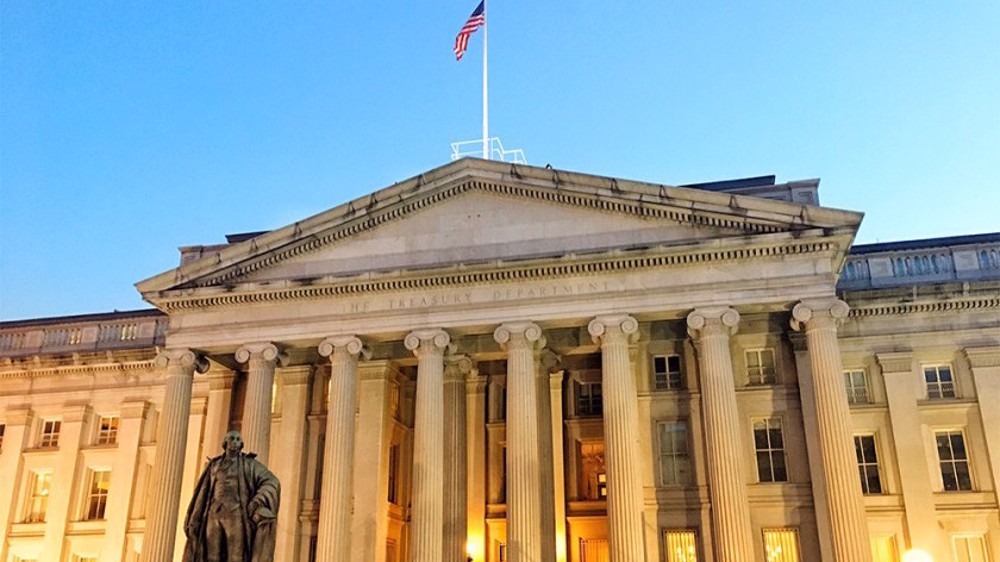
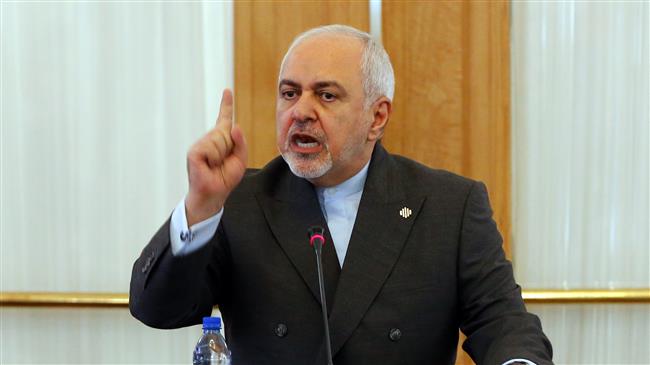
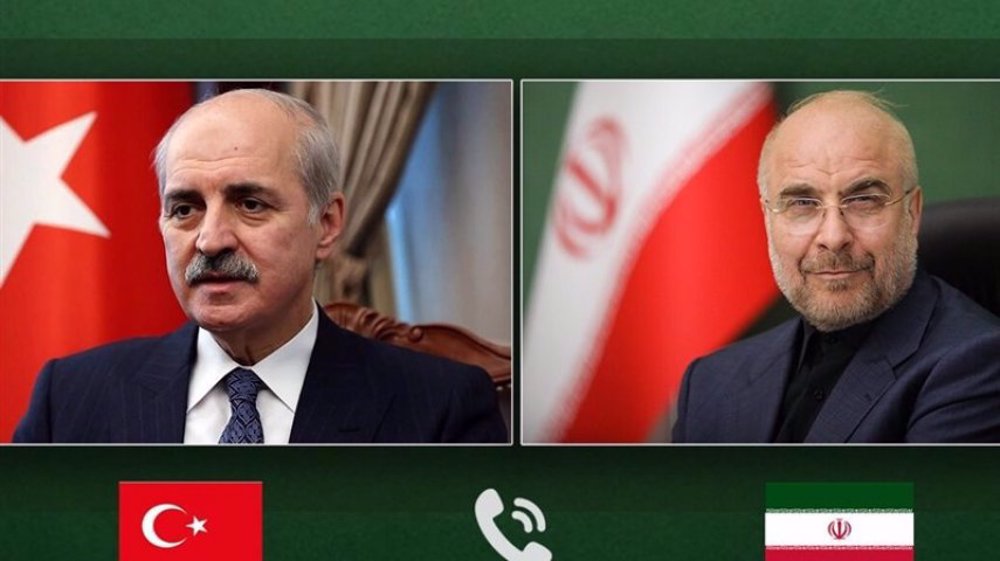
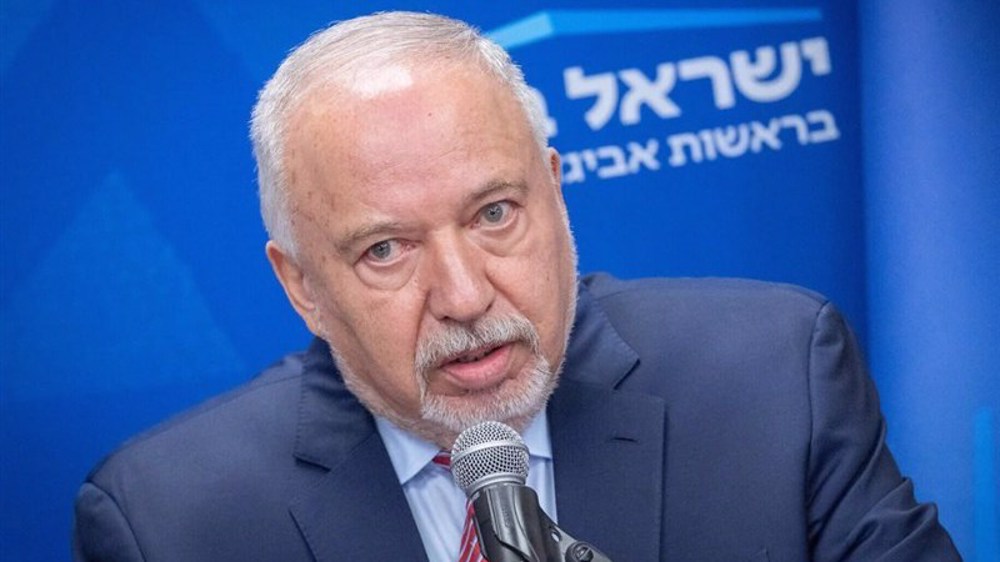
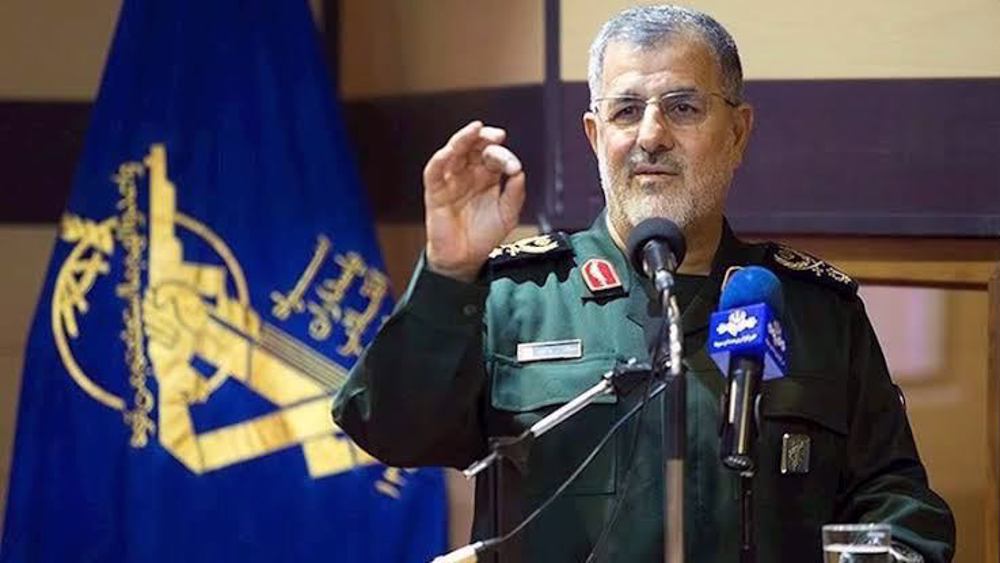



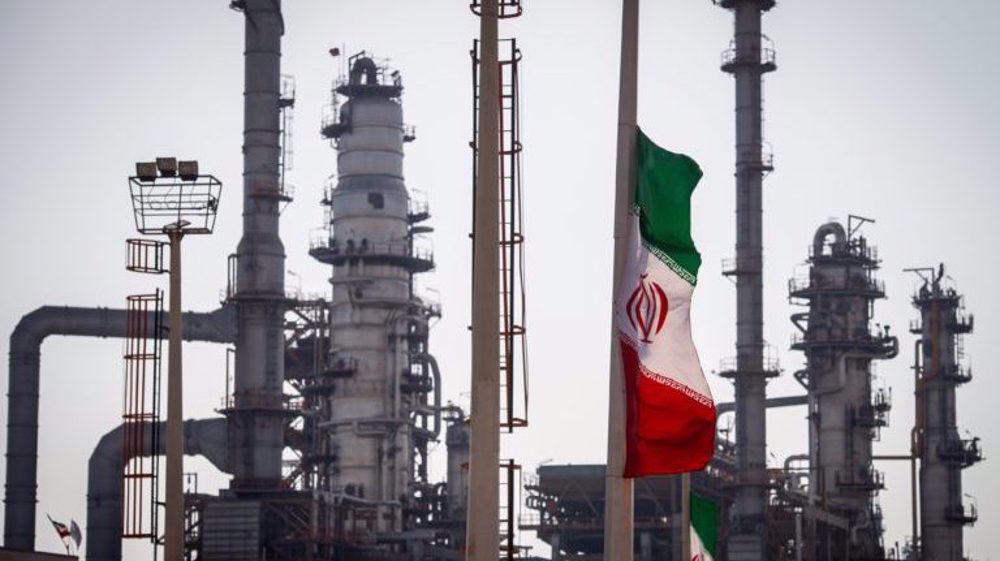

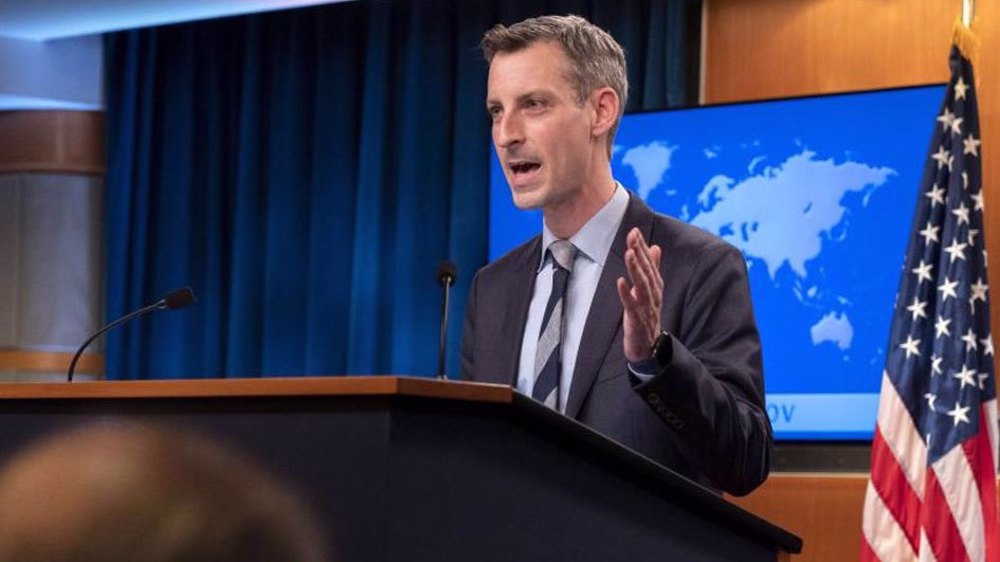
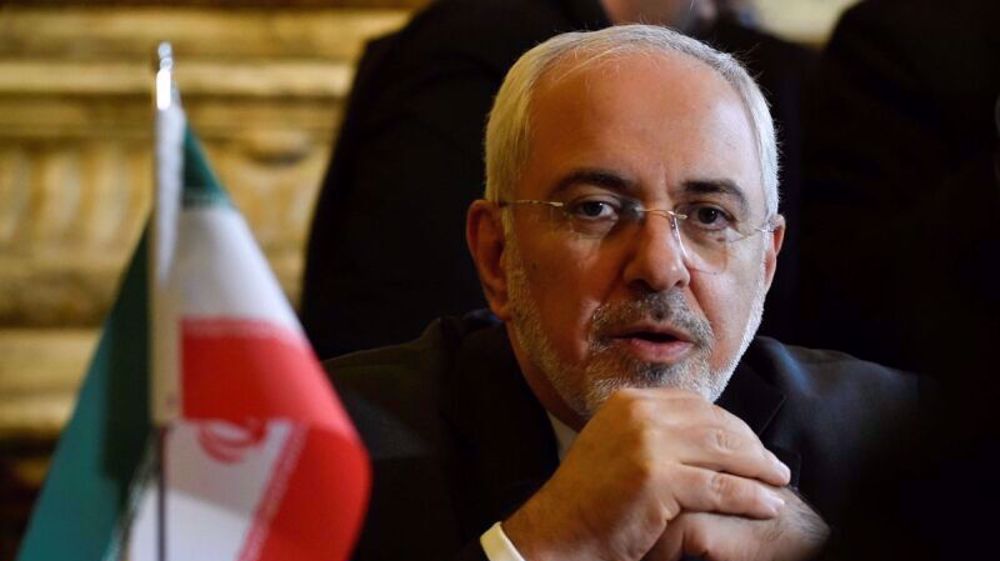
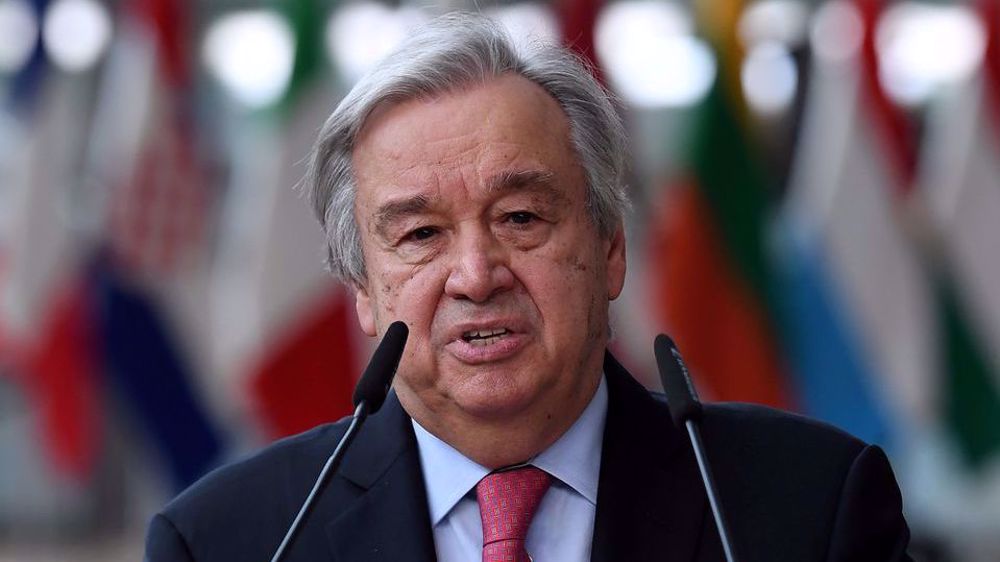

 This makes it easy to access the Press TV website
This makes it easy to access the Press TV website